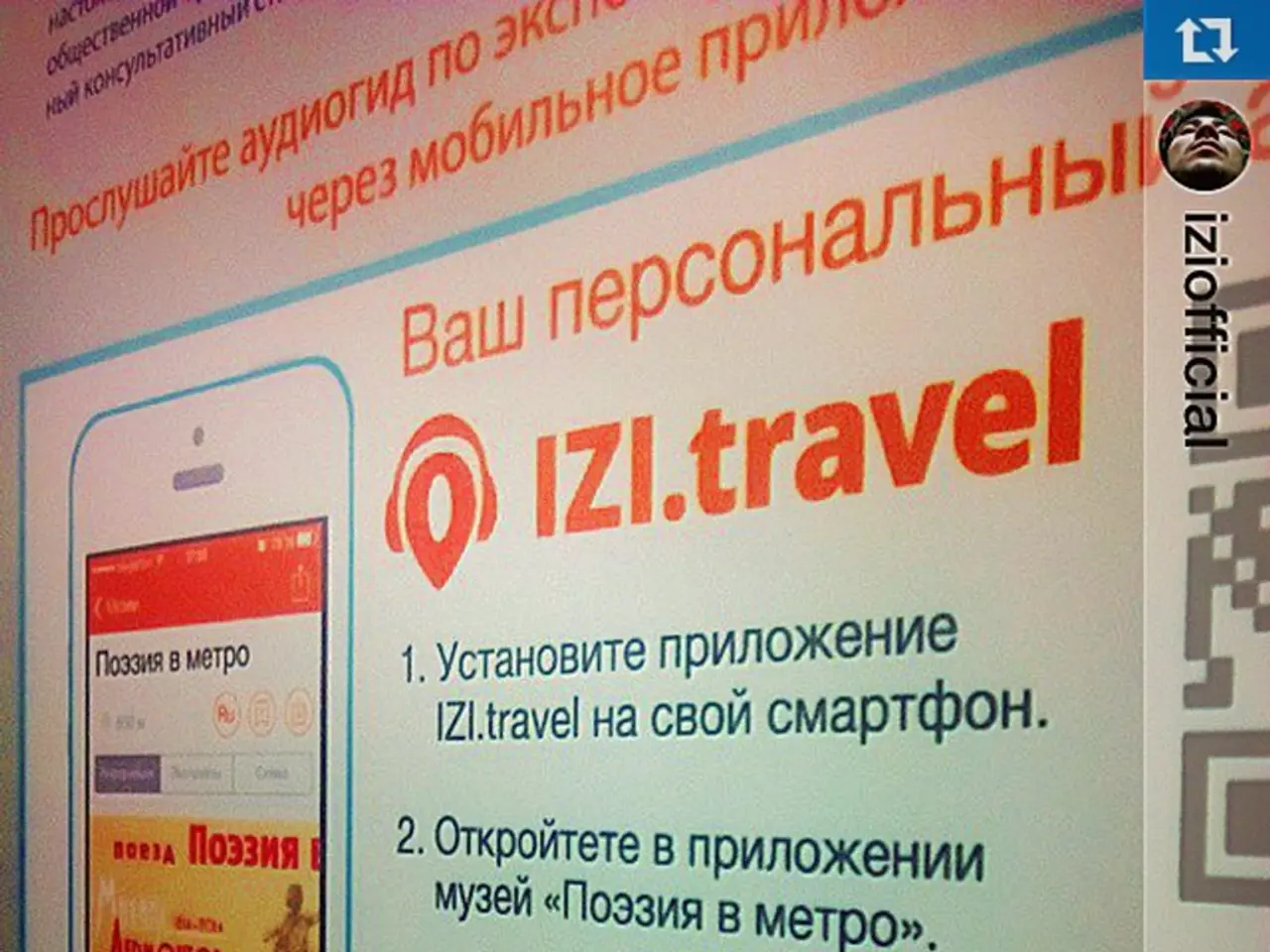Advertising operations (AdOps) workflows are being transformed by automation, leading to a significant 83% expansion in client handling capacity by agencies.
In a rapidly evolving digital advertising landscape, agencies are turning to automation technologies to maintain profitability while expanding capacity. According to the recent 2025 Agency AdOps Benchmark Report, published by Fluency, this shift is driven by mounting pressure to scale operations amid increasing campaign complexity, fragmented workflows, and client demands for sophisticated multi-channel strategies.
The report, based on survey data compiled from agencies across Fluency's user base before adopting automation solutions, reveals that 81% of respondents work for agencies, with the remaining 19% working for brands. The study includes data from both generalist agencies and vertical-specific organizations, including real estate, automotive, health and wellness, retail, CPG, and quick-serve restaurants.
One of the most significant operational challenges agencies face is budget management, with 40% of agencies relying on multiple tools for budget pacing tasks. Strategic decision-making suffers when data remains siloed across platforms, limiting comprehensive portfolio analysis and optimization opportunities. To address this, the ability to combine performance metrics from advertising platforms with backend lead management systems enables more sophisticated optimization strategies than traditional channel-specific approaches.
The report also sheds light on the multi-channel complexity that creates operational strain. 80% of strategists manage three or more platforms simultaneously, and 43% handle four or more. Manual workflows dominate daily operations, with teams spending an average of 46 hours monthly making campaign changes for individual clients. Error reduction emerges as a critical priority, with 69% of agencies seeking to reduce manual workloads and human mistakes.
Microsoft's increased API release frequency, starting from January 2026, reflects platform recognition that agencies need faster access to automation tools for programmatic campaign management. Microsoft Ads API v21, introduced on August 6, 2025, includes AI Max features and enhanced Performance Max reporting.
The study, conducted after surveying more than 75 independent digital advertising agencies and in-house teams across the United States, reveals that agencies want account managers to handle an average of 64 clients, which is an 83% increase from the current average of 35. This ambition, however, does not seem to be accompanied by a corresponding expansion of teams. Instead, agencies aim to increase account manager portfolios without expanding teams.
Data fragmentation compounds operational challenges as agencies manage multiple information sources, with 58% of agencies using more than one source for audience data. The research indicates that agencies recognize automation as essential for addressing operational bottlenecks, with technology solutions that integrate budget management, campaign execution, and data aggregation being sought after.
Error reduction and streamlined workflows are not the only benefits agencies seek from automation. Faster campaign launch timelines reflect operational inefficiencies that constrain growth. The report shows that agencies need an average of 3.18 days to launch new campaigns, and one in four agencies require more than a week. With automation, these timelines are expected to decrease significantly, enabling agencies to scale their operations more efficiently and effectively.
Read also:
- Transforming Digital Inventories in the Food Industry: A Comprehensive Guide for Food Businesses
- Munich Airport Unveils Its New Electrical Vehicle Charging Parksite
- 1. Key Points for August 14: Gathering in Alaska, Immigration Enforcement (ICE), Financial service Zelle, Infowars, and Air Canada Airline Incidents
- Automobile manufacturer IM Motors reveals an extended-range powertrain akin to installing an internal combustion engine in a Tesla Model Y.






